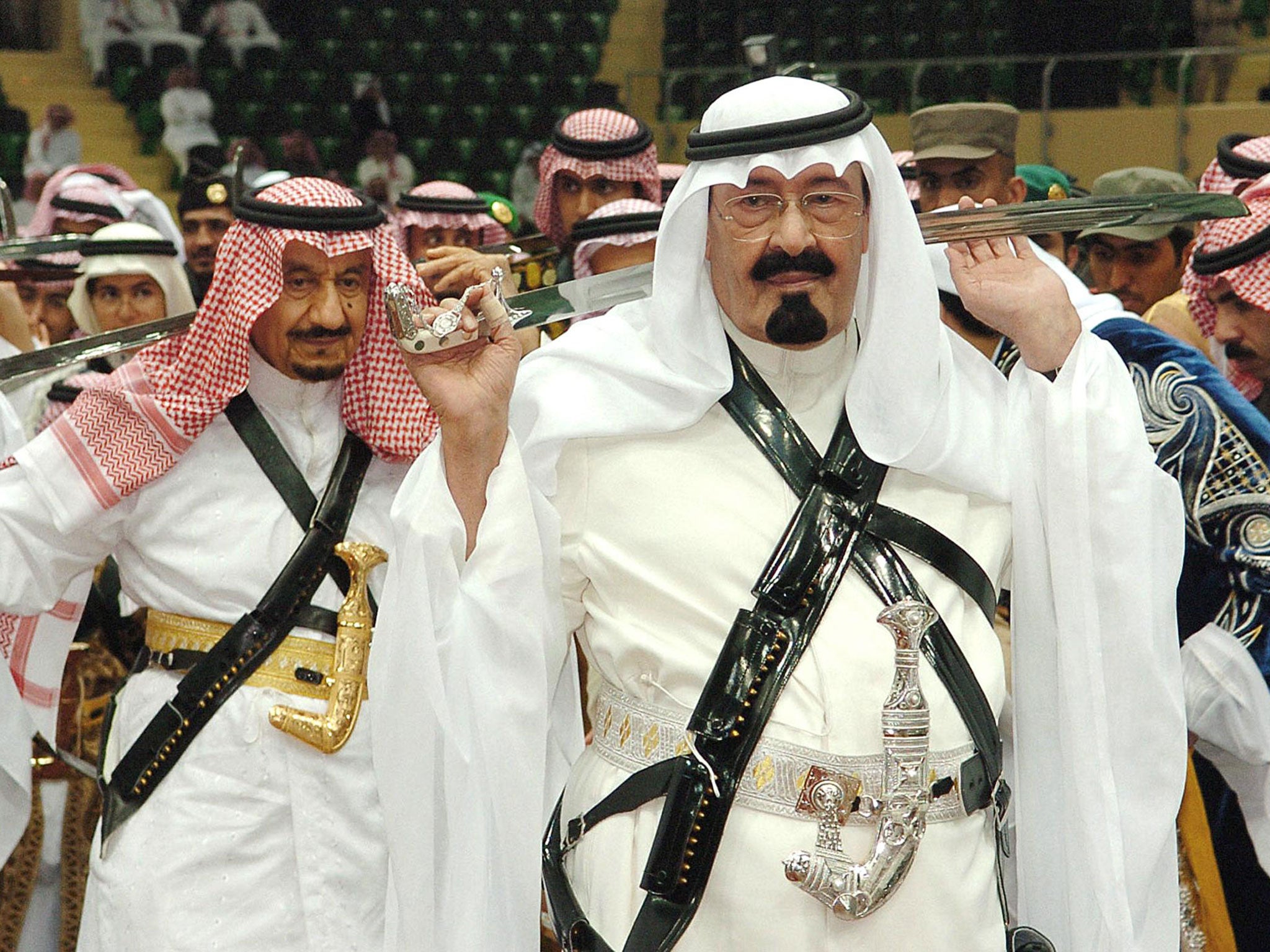The Saudi regime may seek distance from Isis, but their justice systems are not dissimilar
Saudi Arabia’s courts are mainly sharia courts that issue sentences based on a strict, Wahhabi interpretation of Islamic law

The public flogging of Raif Badawi has drawn attention to Saudi Arabia’s opaque judicial system, leading to questions about who has the power to revoke Badawi’s sentence.
Saudi Arabia’s courts are mainly sharia courts that issue sentences based on a strict, Wahhabi interpretation of Islamic law. In fact, the highest authority in the judiciary is the Grand Mufti, who is also the head of the Senior Council of Ulema (scholars of religious law), the highest religious authority in the country. While non-sharia courts also exist, they only apply to administrative cases like those dealing with commerce and labour issues. Badawi was charged with apostasy, among other charges such as undermining the regime, and his case was therefore strictly handled by the sharia court.
But the kingdom’s court system is far from consistent. Case law does not apply, leaving sentences up to the discretion of individual judges. In addition, political and tribal considerations play a role in determining the outcomes. Above all else, the King has the final say in all court judgments. On several occasions, people escaped sentences or had them revised as a result of royal discretion.
Badawi’s flogging has come at a critical time for Saudi Arabia. Following the rise of jihadism in Syria, the kingdom is trying to re-position itself as a leader on counter-radicalisation in the Middle East. Fearing internal instability, the Minister of the Interior, Mohamed bin Nayef, who used to oversee Saudi Arabia’s home-grown deradicalisation programmes, is trying to steer Saudi policy away from supporting jihadism as a way to topple the Syrian regime. The Grand Mufti has also denounced Isis.
However, many have drawn parallels between Isis’s brutality and law-enforcement practices in Saudi Arabia, where public beheadings are still common.
The ministry of the interior is therefore under pressure to demonstrate a move towards moderation while not upsetting the country’s influential council of ulema. It is therefore justifiable that the sole avenue for Saudi Arabia to save itself from the Badawi case would be a royal pardon or at least a revision of his sentence on medical or other grounds. This would save face for the judiciary and ulema and present the kingdom in a more favourable light internationally at a time when its credibility in countering radicalisation is critically at stake.
Lina Khatib is director of the Carnegie Middle East Centre
Join our commenting forum
Join thought-provoking conversations, follow other Independent readers and see their replies
Comments
Bookmark popover
Removed from bookmarks